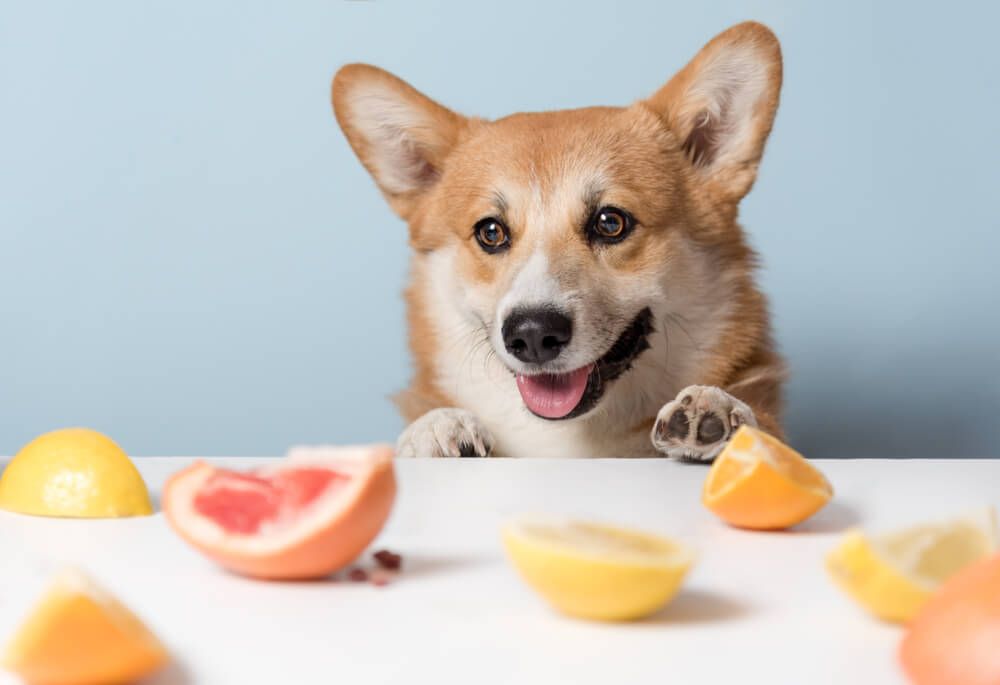Keeping a balanced diet is a very important part of your dog’s life. Finding a way to top up their reserves of vitamins and minerals will make sure they live a healthy life with a lower chance of suffering from a serious problem.
However, when it comes to balancing your dog’s diet and giving them all the helpful nutrients, the process might sound too complicated for dog owners. Some foods are not allowed for dogs others are safe, some vitamins and necessary others are naturally produced, and so on.
The starting point of every health improvement process not just for dogs, but for humans as well, is vitamin C.
What is Vitamin C and Why it is Important?
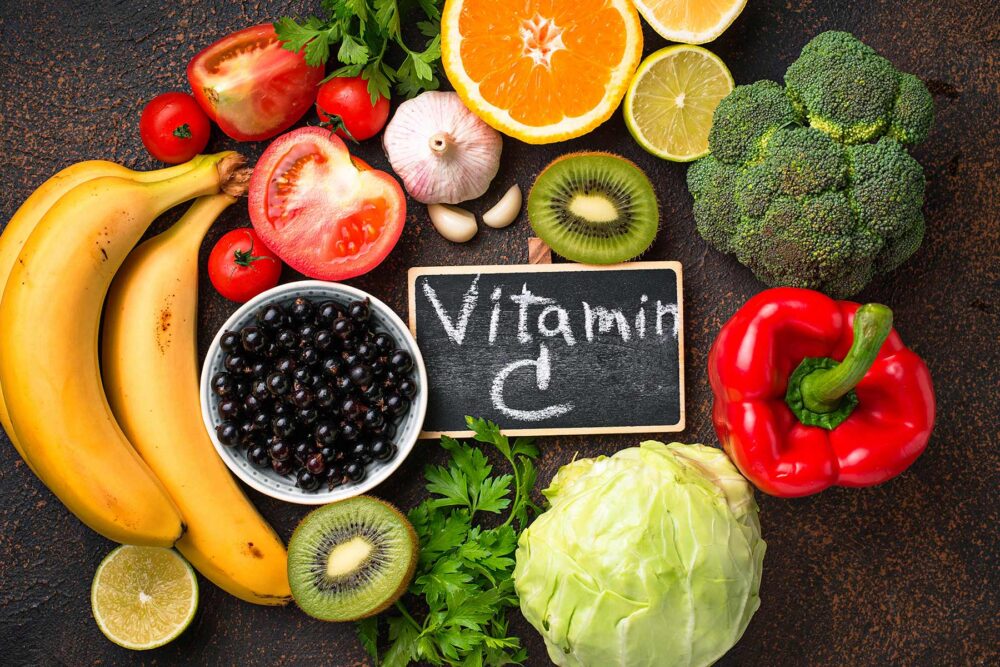
Source: terrificfitness.com.au
Vitamin C is a natural nutrient in the body. This vitamin not only provides the necessary nutrients that support muscle activity, cartilage, and collage but also acts as an antioxidant that protects the body from free radicals. The potentially harmful molecules that can deal serious damage to cells or DNA codes and cause serious problems down the line are called free radicals.
The best thing about Vitamin C is that it is a water-soluble vitamin, which means it doesn’t require fat cells for storage or absorption. The vitamin dissolves in water and can be easily absorbed into the body.
Vitamin C is a crucial vitamin that provides your dog with many health benefits. However, it is important to mention that your dog doesn’t rely on you giving you the necessary dosage of vitamin C since most healthy dogs naturally produce vitamin C on their own.
Plus, an additional vitamin C intake from raw ingredients and snacks can bring many health benefits.
The Health Benefits of Vitamin C
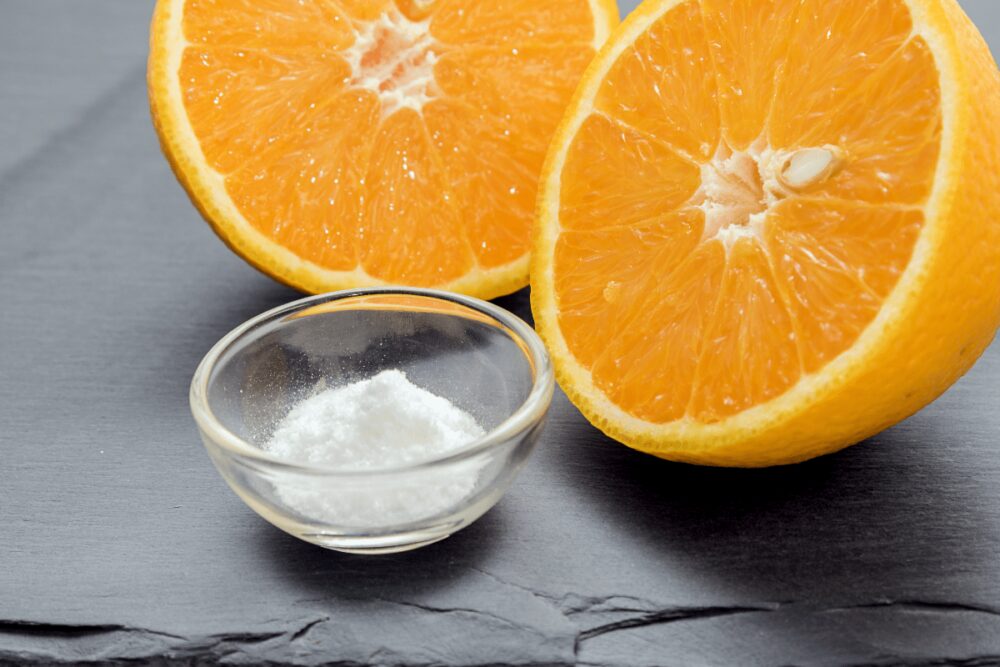
Vitamin C is one of the most used vitamins in your dog’s body and provides them with many health benefits that can improve their immune system, cognitive aging, and decrease inflammation.
However, since vitamin C is naturally produced in your dog’s body, there isn’t a clear research consensus that determines the daily dose of vitamin C that your dog needs. On the other hand, most vegetarians would agree that adding vitamin-C-rich foods to your dog’s diet can go a long way and provide your dog with many helpful benefits.
Apart from all the health benefits from vitamin C, dogs that are stressed or sick can benefit from a vitamin C boost in their diet. The vitamin C will improve your dog’s repair process, and help them keep up their reserves.
Vitamin C is also great for dogs that have a high metabolism, and for dogs that have liver problems, distemper, or hip dysplasia.
How to Know If Your Dog Has Vitamin C Deficiency

Source: zestypaws.com
In some cases, vitamin C cannot be produced by your dog’s body in the quantities they need, which is known as vitamin C deficiency. The main causes of vitamin C deficiency can be due problems with the liver, metabolism, or stress.
Here are some symptoms that might suggest vitamin C deficiency:
- Immune problems
- Joint pain
- Weakness in muscles and bones
- Bad breath
- Bleeding
What’s the Proper Dosage of Vitamin C for your Dog
As we mentioned before, dogs naturally produce vitamin C in their body. With that said, it is hard to go wrong with adding some additional vitamin C in your dog’s diet, just because we are talking about a water-based vitamin that can be extracted from their body if their reserves are already topped up.
The specific amount of vitamin C for your dog’s body is still undetermined. The proper dosage of vitamin C for your dog is around 18 mg of vitamin C per pound of your dog’s body weight. It is very important to split the dosage into several meals throughout the day and otherwise too high a dose of vitamin C can have side effects like diarrhea.
Foods Rich With Vitamin C
When it comes to adding additional Vitamin C to your dog’s diet, the best way is to change their diet and add more vitamin C-rich foods instead of using supplements. There are plenty of foods, especially fruits and vegetables that are perfect snacks for your dog rich in vitamins and minerals.
Fruits and vegetables also hold the purest form of vitamin C ascorbic acid that will satisfy their dietary needs.
-
Oranges

Source: loveyourdog.com
Yes, the most wanted citrusy fruit is also safe for dogs to eat and it is one of the most densely packed fruit with vitamin C. Oranges are an excellent source of vitamin C, fiber, and potassium, and in small quantities, they are very healthy for your dog.
The only drawback is that dogs are not fans of the citrusy smell since it is too strong for their nose.
-
Cranberries
Cranberries are another super-food rich in vitamin C and antioxidants that will support their health. Cranberries are great for your dog’s immune system and perfect for reducing inflammation.
Since they contain low calories, they are perfect as a snack but they must be consumed in moderation. Cranberries can also improve your dog’s bladder, help prevent cancer, and fight bacteria.
They can be consumed dried, fresh or frozen as the perfect snack for the summer.
Click on this article to know more about the advantages of giving cranberries to dogs: https://whatthepup.spotandtango.com/can-dogs-eat-cranberries/
-
Carrots
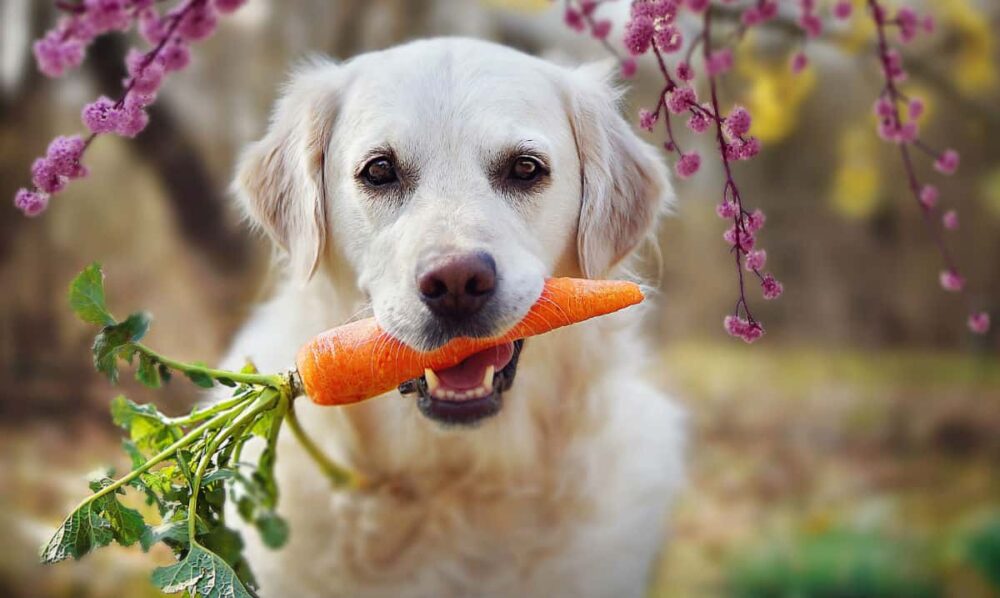
Source: shedhappens.net
Now we move on to vegetables where carrots lead the way as the perfect vitamin C infused snack that is not only tasty but also a fun activity for your dog as it chews it down. Carrots are high in fiber and beta-carotene, and on top of that carrots are great for your dog’s teeth.
-
Celery
Celery is not only safe for dogs to eat, but also a great source of vitamins A, B, and C and all the nutrients to promote a healthy heart and fight cancer. If this isn’t enough, celery is also great for freshening your dog’s breath.
-
Green Beans
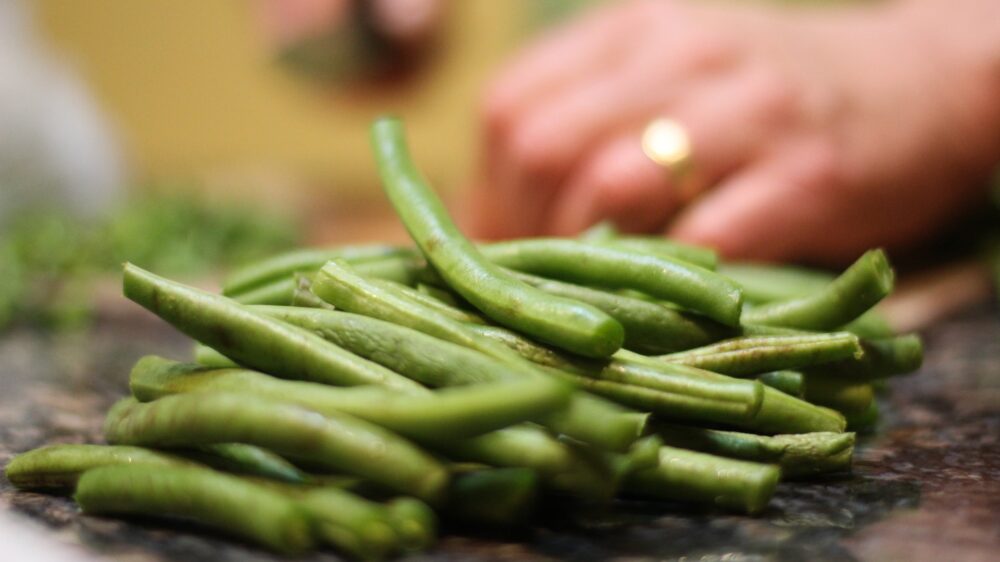
Source: unsplash.com
Green beans are safe for dogs to eat as long as they are planned. They are packed with many vitamins and minerals including vitamin C, and they are rich in fiber and contain low calories. You can serve them chopped, steamed, raw, or canned, and try to go with low-salt or no-salt products if you choose canned green beans for your dog.
These are some of the most recommended vitamin C foods that you can feed your puppy. Furthermore, you can find here some other snacks that you can give your dog.


